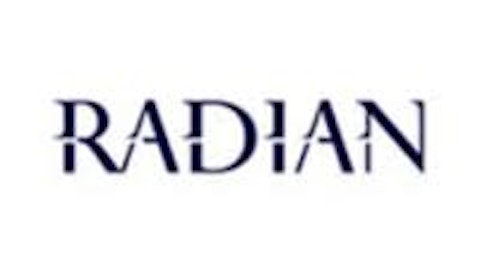
For the investor prepared to take a look across the pond, fast-growing tech companies like Facebook Inc (NASDAQ:FB), Apple Inc. (NASDAQ:AAPL), Tesla Motors Inc (NASDAQ:TSLA), LinkedIn Corp (NYSE:LNKD) and Amazon.com, Inc. (NASDAQ:AMZN) offer much more exciting prospects. But investing outside of your home currency carries the additional cost of conversion and an ongoing risk that future exchange rate movements will be unfavorable.
Are the potential rewards sufficiently attractive enough to outweigh the disadvantage of exchange anxiety? In my view, yes. Exchange rates may move either way, but in a global economy some regions may outpace others. In recent years the U.S. economy has outperformed the British economy, and investors nervous of exchange risks may miss out on higher absolute returns. As it happens, investors who bought in the U.S. market last year will have seen their returns boosted this year by the falling pound.
More importantly, experience shows that the best returns come from investing in ‘top dog’ disruptive companies with visionary CEOs. Finding companies like this is hard work in the UK, but in the innovative hotbed of the U.S. west coast they keep popping up like bluebells in the spring. In my view, if you find a company that is truly great, the decision to invest is automatic. Any residual concern about currency issues is nothing more than an irritation
Let’s take a closer look at some of the contenders.
Amazon is the world leader in e-commerce. Visionary leader Jeff Bezos is concentrating on building a highly-efficient, customer-centered, streamlined operation. Amazon has evolved from a bookseller to being the automatic choice for most online purchases. And it doesn’t stop there–Amazon.com, Inc. (NASDAQ:AMZN) now targets businesses as well as consumers, and Amazon Web Services opens up a fast expanding market with much higher margins than those available in online retailing.
Amazon.com, Inc. (NASDAQ:AMZN)’s long-term approach is commendable, but some hitherto patient investors are starting to ask if Amazon is ever likely to turn a profit. With a price to sales ratio (2.03) currently not too dissimilar to Apple’s (2.45), but with no prospect of making the healthy 25% margins that Apple makes, the stock may seem overvalued, especially as growth begins to gradually slow down. Fans point to the huge untapped world market that Amazon has yet to exploit. My investing preference is for companies with the potential for strong future growth. For me Amazon is already a little too large and its margins a little too thin. But some highly-regarded investors still see big things for Amazon, and I wouldn’t bet against them. And despite a lack of profits, it is worth noting that Amazon has delivered big returns for early investors.
If Amazon is the overvalued stock in our shortlist, Apple is by almost any measure the most undervalued. Benjamin Graham characterized the process of investing by inventing an imaginary figure with wild mood swings – Mr. Market. He would pop in to your office every day and make you an offer to buy or sell stocks. Some days he would be wildly optimistic as to price, some days massively pessimistic. A cool investor could prosper by ignoring Mr. Market’s gyrations and decide which stocks to buy or sell on a rational valuation.
Since September, Mr. Market has been a total downer on Apple Inc. (NASDAQ:AAPL). The main danger is that Apple Inc. (NASDAQ:AAPL) has become such a momentum stock that it never returns to a rational valuation, or that by the time it does it really will have suffered a severe decline in fortunes. Warren Buffett, Graham’s most famous protégé and probably the best investor ever, would argue that eventually the true valuation will come through (or in Graham’s words, the market may be a voting machine in the short term but it is a weighing machine in the long term).
At the recent low share price of $385 Apple Inc. (NASDAQ:AAPL) has a P/E of 8.5. The market perception is that Apple has stopped innovating and will lose market share to Samsung, which could cause a severe decline in revenue, as has recently happened to Nokia and Blackberry. But the market is ignoring the fact that only half of Apple’s revenues come from smart phones, that Apple Inc. (NASDAQ:AAPL) has a strong track record of releasing new and innovative products, and that this is likely to continue as it is spending $3.3 billion on research and development. Look out for an iWatch, iTV or iSurprise soon! Apple Inc. (NASDAQ:AAPL) also has plans to maintain its share of the global phone market, and, in any event, any drop in market share is likely to be outweighed by the strong growth in emerging markets where the Apple brand will be attractive to a newly affluent young generation. Apple does not really fit into my usual investment strategy, as it is already too big. But I have to admit that in this case I have taken a bite out of this particular fruit – at this valuation it is just too juicy to ignore.
